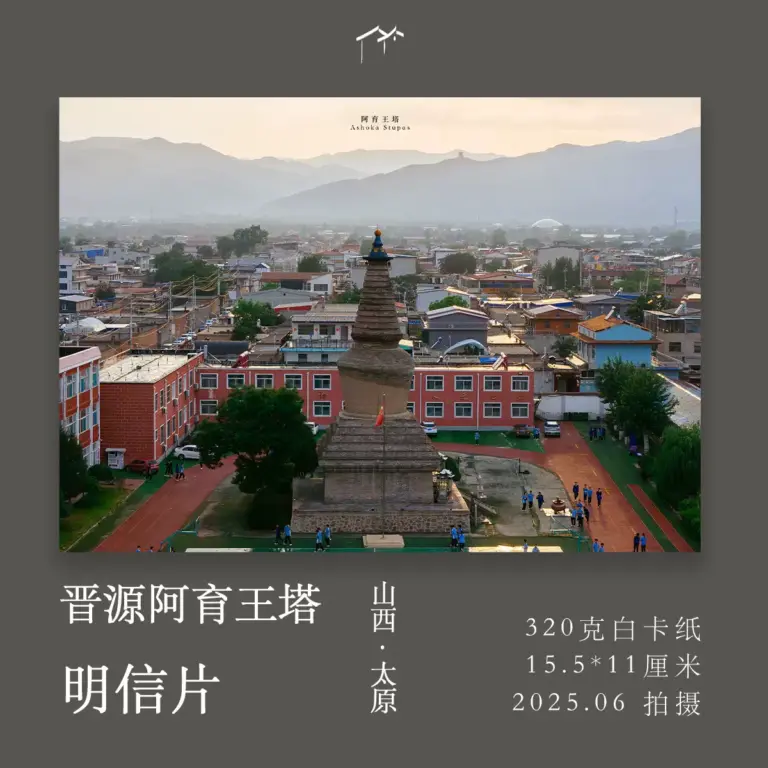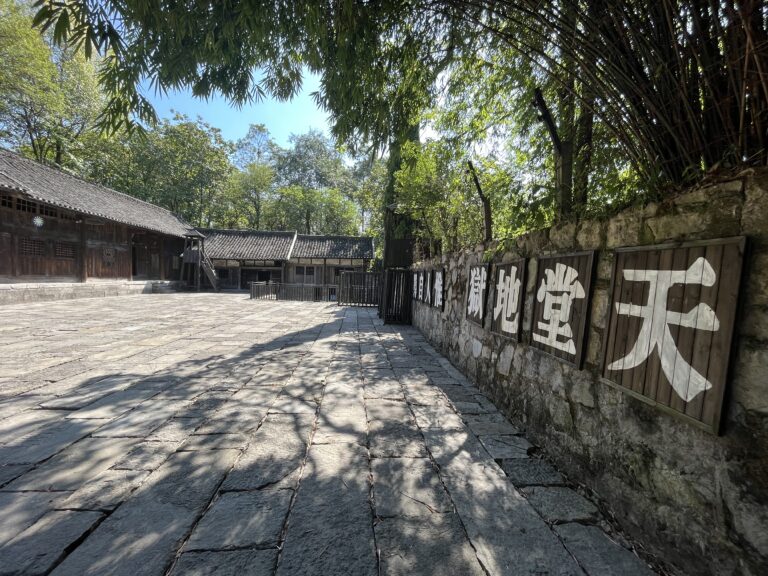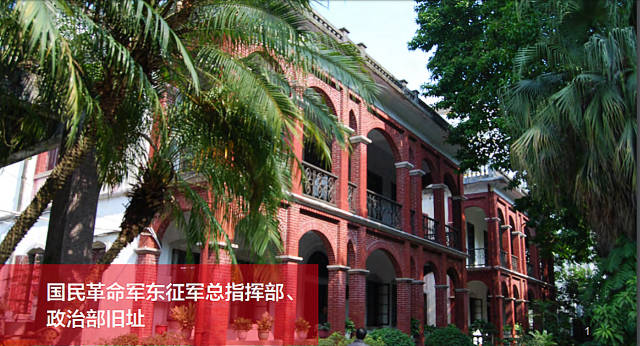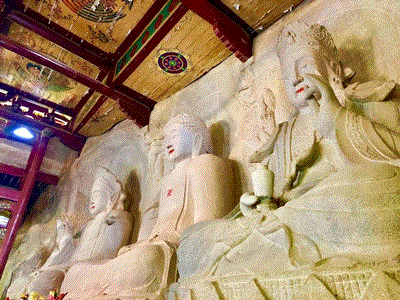Experience the Rich Culture of Dalian Lvshun Jianyu Jiuzhi: Tips for Visitors
An Essential Guide to Visiting Dalian Lvshun Jianyu Jiuzhi
In This Guide
- An Essential Guide to Visiting Dalian Lvshun Jianyu Jiuzhi
- The Rich History of Dalian Lvshun Jianyu Jiuzhi
- Main Highlights: What to See at Dalian Lvshun Jianyu Jiuzhi
- Planning Your Visit: A Practical Guide
- Tickets, Hours, and Booking
- How to Get There
- Local Cuisine and Accommodation
- Frequently Asked Questions
- Final Thoughts on Your Trip
Steeped in historical significance and somber reminders of the past, the Dalian Lvshun Jianyu Jiuzhi, or the Lvshun Russo-Japanese Prison, stands as a poignant testament to the tumultuous eras of imperialism that shaped Northeast Asia. Nestled in the coastal city of Dalian, this site invites visitors to delve into a narrative woven with tales of conflict, suffering, and resilience. Established during the late 19th century under the auspices of both the Russian Empire and later the Japanese Empire, the prison served as a grim holding ground for political dissidents and war prisoners, embodying the harsh realities faced by those who resisted imperialist forces.
Today, the former prison complex has been transformed into a museum, dedicated to preserving the memories of its harrowing history. Exhibiting nearly 2,000 artifacts, including weaponry, personal belongings, and harrowing accounts of torture endured by its inmates, the museum offers a profound educational experience. It stands as a place of remembrance, serving predominantly as a patriotic education base for the youth and a reminder of the resilience of the human spirit amidst adversity.
Visiting Lvshun Jianyu Jiuzhi not only provides insight into the colonial history of China but also serves as an evocative reminder of the sacrifices made by countless individuals who fought for their beliefs. As you step through its historical halls, you are encouraged to reflect on the lessons of the past and the importance of remembering history to prevent the repetition of such dark chapters. A journey to this site is not merely a walk through the echoes of history; it is a chance to connect with the enduring spirit of resistance and the quest for justice.
The Rich History of Dalian Lvshun Jianyu Jiuzhi
The Dalian Lvshun Jianyu Jiuzhi, or the Former Russo-Japanese Prison, is a site steeped in a complex history that reflects the turbulent past of the region. Established during the late 19th century, this prison served as a facility for the incarceration of political prisoners and dissidents under both Russian and Japanese imperial rule.
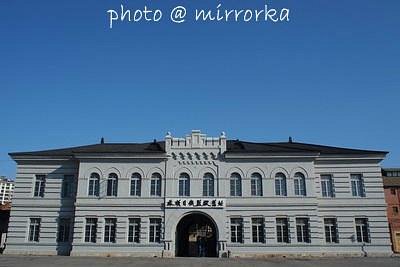
Dalian Lvshun Jianyu Jiuzhi.
The origins of the prison date back to the aftermath of the First Sino-Japanese War in 1895, which resulted in significant territorial changes in Northeast Asia. Following the signing of the Treaty of Shimonoseki, which ceded Taiwan and the Pescadores Islands to Japan, the Qing Dynasty was pressured by foreign powers into ceding the Liaodong Peninsula to Japan. However, due to international intervention from Russia, France, and Germany, Japan was forced to relinquish these claims. This led to the establishment of Russian control over the region, notably through the signing of the Liadong Lease Agreement in 1898, which allowed Russia to lease Dalian and Lüshun (Port Arthur) for 25 years.
The prison was constructed as part of this Russian imperial expansion, serving as a detention center for those who opposed the regime and for individuals deemed dangerous. Following the Russo-Japanese War (1904-1905), the Japanese took control of the facility, continuing its use as a prison. During this period, it became notorious for housing political prisoners, including Chinese nationalists and Korean patriots who resisted Japanese occupation. The prison’s dark history is marked by accounts of brutal treatment, torture, and executions, reflecting the oppressive atmosphere of imperial rule.
In the years that followed, the site became a symbol of colonial oppression, with its grim legacy serving as a reminder of Japan’s militaristic ambitions in East Asia. The prison remained in use until the end of World War II, when the Soviet Union occupied the area and subsequently returned control to China.
In 1988, the site was designated as a key cultural heritage site by the Chinese government, acknowledging its historical significance. Today, the Former Russo-Japanese Prison operates as a museum, preserving nearly 2,000 artifacts that document its history and the broader context of imperialism in the region. The exhibits include photographs, relics of the prison’s operations, and accounts of the individuals who suffered within its walls, serving as an educational platform for visitors, particularly the younger generation, to learn about the importance of patriotism and the lessons of history.
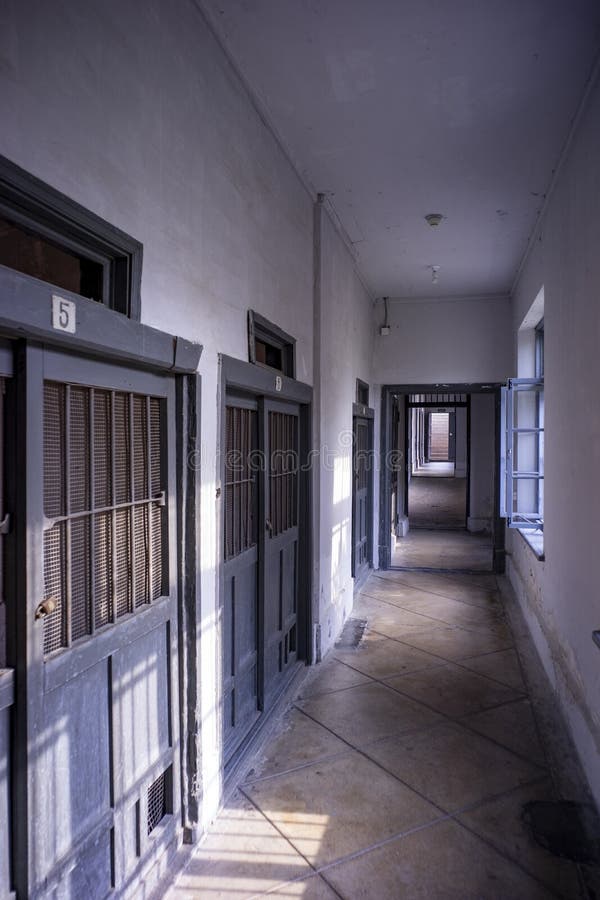
Dalian Lvshun Jianyu Jiuzhi.
Visitors to the site can explore the well-preserved prison facilities, including cells, torture rooms, and execution sites, which starkly illustrate the harsh realities faced by those imprisoned there. The museum not only commemorates the struggles of those who fought against oppression but also serves as a poignant reminder of the enduring impact of imperialism and the importance of remembering history to prevent its darkest chapters from repeating.
Main Highlights: What to See at Dalian Lvshun Jianyu Jiuzhi
At the heart of Dalian’s rich historical tapestry lies the Lvshun Russo-Japanese Prison Museum, a site steeped in poignant memories and significant events. Here are the key highlights that make this destination a must-visit for history enthusiasts and curious travelers alike:
-
Historical Significance: Originally constructed during the late 19th century under Russian rule, the prison became a notorious site during the Japanese occupation. It served as a facility for detaining and torturing Chinese patriots and international dissidents, making it a stark reminder of the struggles against imperial oppression.
-
Extensive Exhibits: The museum boasts nearly 2,000 artifacts, including documents, photographs, and personal items that tell the harrowing stories of prisoners. Noteworthy displays include torture devices and detailed narratives of the lives of those who suffered within these walls, providing visitors a deeply immersive experience into the past.
-
Architectural Integrity: The preserved prison complex features various sections, including cells, interrogation rooms, and execution sites, allowing guests to walk through the very halls where immense human suffering occurred. The haunting atmosphere is palpable, as the original structure has been carefully maintained to reflect its historical authenticity.
-
Educational Focus: The site serves as a vital educational platform, especially aimed at younger generations, emphasizing patriotism and the importance of remembering national history. Guided tours offer detailed insights into the events surrounding the prison’s operation and the broader context of the Sino-Japanese conflicts.
-
Cultural Reflection: Beyond its grim history, the museum fosters a reflective space where visitors can contemplate the impact of war and colonialism on human lives. It stands as a testament to resilience and the enduring spirit of those who fought for justice.
-
Accessibility: Conveniently located at 139 Xiangyang Street in the Lvshunkou District of Dalian, the museum is open daily, making it easily accessible for tourists looking to explore the region’s historical landmarks.
A visit to the Lvshun Russo-Japanese Prison Museum is not only an exploration of a dark chapter in history but also an essential journey into understanding the complexities of resistance and resilience in the face of adversity.
Planning Your Visit: A Practical Guide
Practical Guide to Visiting Dalian Lvshun Jianyu Jiuzhi
Located in the picturesque city of Dalian in northeastern China, the Dalian Lvshun Jianyu Jiuzhi, or the former Russo-Japanese Prison, serves as a poignant reminder of the tumultuous history of this region. Here’s everything you need to know to make the most of your visit.
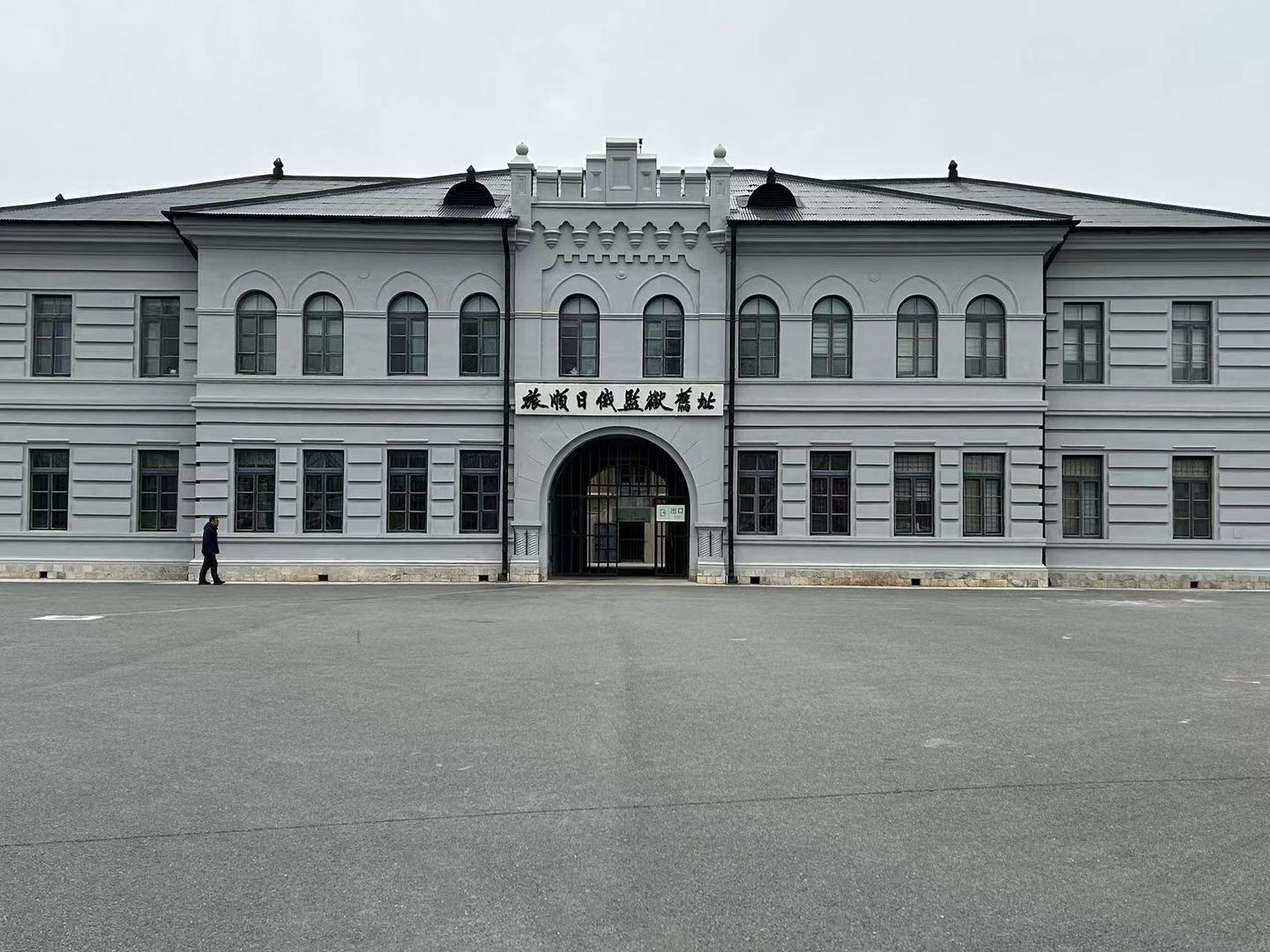
Dalian Lvshun Jianyu Jiuzhi.
Getting There
The Dalian Lvshun Jianyu Jiuzhi is situated at 139 Xiangyang Street, Lüshunkou District, Dalian. You can reach the site via public transportation or by taxi. The Dalian Railway Station is about 40 kilometers away, and buses are available for direct routes to Lüshunkou. If you’re coming from downtown Dalian, consider taking a bus or arranging a taxi for a more comfortable journey.
Opening Hours
The museum is open to visitors from Tuesday to Sunday, 8:00 AM to 5:00 PM. It is closed on Mondays. Be sure to check for any special holiday hours or closures before your visit.
Admission Fee
Entry to the Dalian Lvshun Jianyu Jiuzhi is typically free, though guided tours may incur a small fee. It is advisable to check in advance for any updates on admission policies or special exhibitions.
What to Expect
The museum is not just a historical site; it is a comprehensive exhibition space showcasing the impact of imperialist actions in China. As you explore the former prison, you will encounter a collection of nearly 2,000 artifacts, including historical documents, iron tools, and relics from the Sino-Japanese conflicts.
Key Highlights Include:
– Prison Cells and Torture Chambers: Walk through the chilling remnants of the prison where many political prisoners suffered under harsh conditions.
– Exhibits on Historical Events: Learn about the First Sino-Japanese War and the Russo-Japanese War through detailed displays that connect the site to broader historical narratives.
– Educational Programs: The site functions as a base for patriotic education, particularly aimed at young visitors, emphasizing the importance of remembering the past.
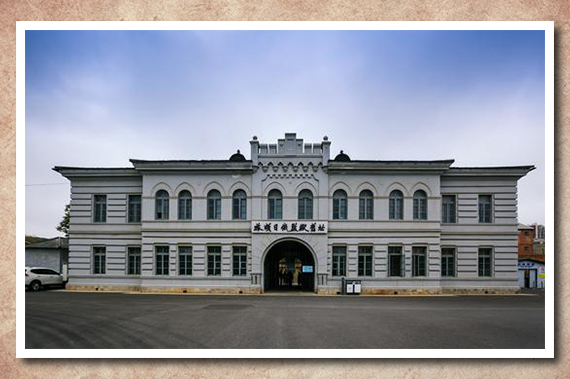
Dalian Lvshun Jianyu Jiuzhi.
Visitor Tips
- Plan Your Visit: Allocate at least an hour to fully explore the site. If you wish to delve deeper into the exhibits, consider joining a guided tour.
- Photography: While you can take photos in many areas, be respectful of the somber nature of the exhibits. Some areas may have restrictions.
- Dress Comfortably: Be prepared for a fair amount of walking. Comfortable shoes and appropriate clothing for variable weather conditions are recommended.
- Language Assistance: Although displays are primarily in Chinese, some information is available in English. Consider downloading a translation app to enhance your understanding of the exhibits.
Nearby Attractions
After visiting the prison site, consider exploring other nearby historical landmarks:
– Lüshun Museum: Located close by, this museum offers further insights into the local history and culture.
– Baoyushan Scenic Area: For a break from history, enjoy the natural beauty of the surrounding hills and ocean vistas.
– Former Russian and Japanese Military Sites: These offer additional context to the military history of the region.
Dining and Accommodation
There are several local eateries and coffee shops near the museum where you can sample regional cuisine. If you plan to stay overnight, look for accommodations in Lüshunkou or head back to Dalian city center, where options range from budget hostels to luxurious hotels.
Conclusion
Visiting the Dalian Lvshun Jianyu Jiuzhi is more than just a trip to a museum; it is an opportunity to engage with a significant part of China’s history. By following this practical guide, you can ensure a meaningful and reflective experience during your visit.
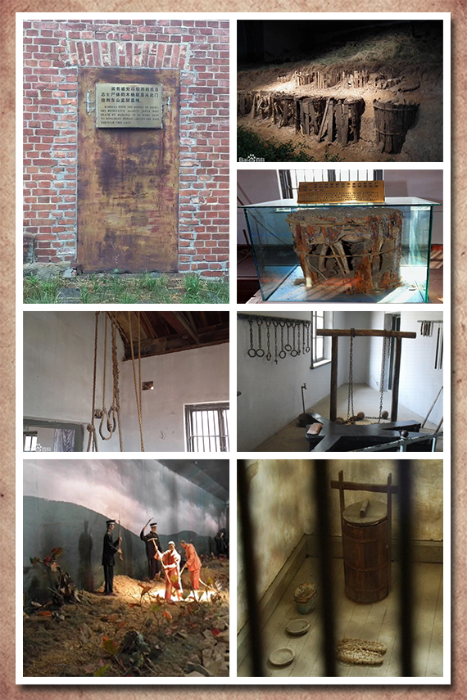
Dalian Lvshun Jianyu Jiuzhi.
Tickets, Hours, and Booking
When planning your visit to the Dalian Lvshun Russo-Japanese Prison Museum, it’s important to know about ticketing and access arrangements to ensure a smooth experience.
Ticket Information
-
Admission Fee: Entry to the museum is free, making it an excellent choice for those looking to explore historical sites without breaking the bank.
-
Opening Hours: The museum is open to the public from Tuesday to Sunday, 8:00 AM to 5:00 PM. It remains closed on Mondays, so plan your visit accordingly.
-
Visitor Capacity: Due to the ongoing health guidelines, it’s advisable to book your visit in advance if you’re part of a large group. This can help manage the number of visitors and ensure a more enjoyable experience.
-
Guided Tours: While self-guided exploration is encouraged, the museum also offers informative guided tours, which can enrich your understanding of the historical significance of the site.
-
Location: The museum is located at No. 139, Xiangyang Street, Lvshunkou District, Dalian. It is easily accessible via public transportation, and local taxis are readily available.
-
Additional Tips: Since the museum contains sensitive historical content, visitors are encouraged to engage respectfully with the exhibits. Photography may be limited in certain areas, so be sure to check the guidelines as you explore.
Whether you’re a history enthusiast or simply curious about this significant site, the Dalian Lvshun Russo-Japanese Prison Museum offers a profound glimpse into the past without any cost for admission.
How to Get There
Getting to Dalian Lvshun Jianyu Jiuzhi (旅顺监狱旧址) involves navigating through the beautiful coastal city of Dalian, located in Liaoning Province, China. Here’s a comprehensive guide on how to reach this historical site, ensuring a smooth journey for visitors.
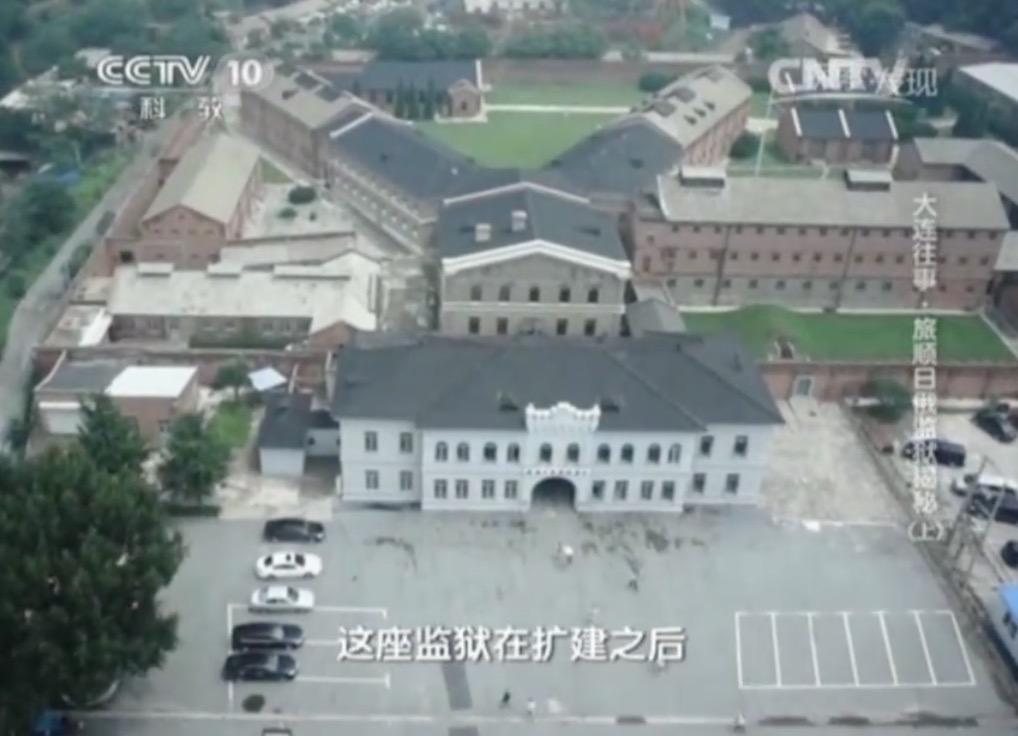
Dalian Lvshun Jianyu Jiuzhi.
By Air
The nearest major airport is Dalian Zhoushuizi International Airport (DLC), which is well-connected to various domestic and international destinations. Upon arrival, travelers can either rent a car, take a taxi, or use public transportation to reach the site.
By Train
Dalian is also accessible by train, with Dalian Railway Station serving as the main hub for high-speed trains from major cities such as Beijing and Shanghai. Once you arrive at Dalian Railway Station, follow these steps to get to Lvshun:
- Transfer to Lvshunkou District: Take a local train from Dalian Railway Station to Lvshun Railway Station. The journey typically takes about 30-40 minutes.
- Local Transportation to the Site: From Lvshun Railway Station, you can take a taxi or a local bus to the prison site, which is approximately 15 minutes away.
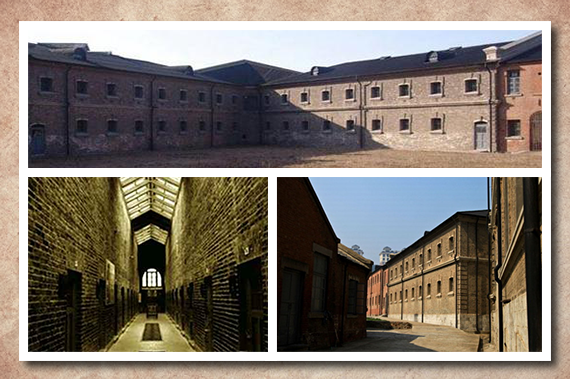
Dalian Lvshun Jianyu Jiuzhi.
By Bus
For those preferring road travel, intercity buses are available from various parts of Liaoning Province to Dalian. Upon arriving at Dalian Long Distance Bus Station, you can take a local bus or a taxi directly to the site.
Local Transportation
Once in Lvshun, the site is well-signposted, making it easy to navigate. Here are some options for getting around:
- Taxis: Taxis are readily available and can be flagged down or booked via apps commonly used in China.
- Public Buses: Local buses run frequently, connecting various parts of the city to the prison site. Routes and schedules can be checked at bus stations.
- Biking: For the more adventurous, renting a bike can be a pleasant way to explore the area around the site, allowing you to enjoy the scenic coastal views.
Accessibility
The prison site is situated in a historical area with some uneven terrain, so visitors with mobility issues should consider this when planning their visit. Taxis and other forms of local transport can assist in making the journey more comfortable.
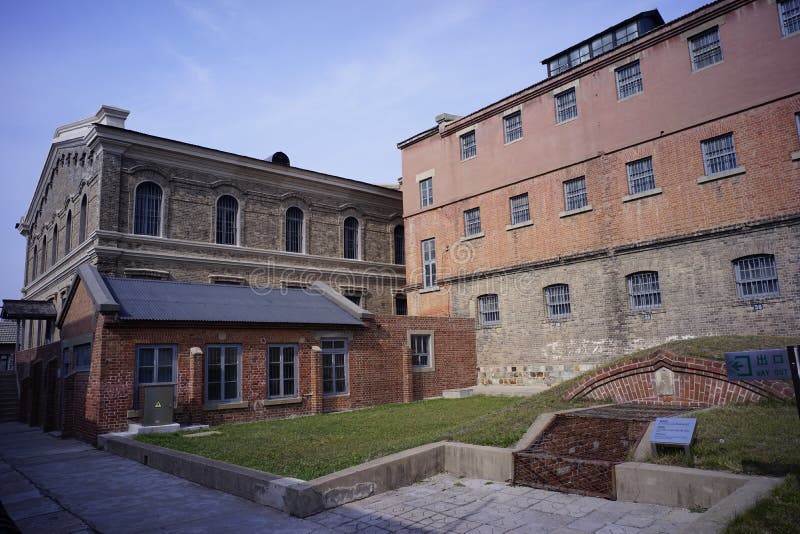
Dalian Lvshun Jianyu Jiuzhi.
Conclusion
Visiting Dalian Lvshun Jianyu Jiuzhi provides a poignant glimpse into the city’s history. Whether you arrive by air, train, or bus, the journey to this significant site is straightforward, and local transport options make it accessible for everyone. Enjoy your visit!
Local Cuisine and Accommodation
Visiting the historical site of the Dalian Lvshun Jianyu Jiuzhi (Lvshun Russo-Japanese Prison) is an immersive journey into the past, and while exploring this significant landmark, you’ll want to take advantage of the local culinary scene and accommodations that enhance your visit.
Dining Options
After absorbing the poignant history of the prison, treat yourself to a meal at one of the several nearby restaurants offering a taste of local cuisine.
-
Chuan Ren Bai Wei (川人百味): Situated just 1.6 kilometers from the prison, this well-rated restaurant specializes in Sichuan cuisine. Guests rave about the bold flavors and vibrant dishes, making it a perfect spot to recharge after your historical exploration.
-
Hao Li Lai (好利来): A bakery and café located about 1 kilometer away, Hao Li Lai is a great place to grab a light snack or coffee. Known for its cakes and pastries, it’s a sweet pitstop for those looking to indulge in some local baked treats.
-
Pizza Time: If you’re in the mood for something familiar, this pizzeria is approximately 2.4 kilometers from the prison and serves a variety of pizzas that are perfect for families or groups seeking a casual dining experience.
-
Xin Si Ji Hotpot (新四季火锅店): For a more interactive dining experience, consider heading to this hotpot restaurant, located about 2.4 kilometers away. Enjoy cooking your own meal in a flavorful broth, choosing from a wide selection of fresh ingredients.
Accommodation Suggestions
Your stay in Dalian can be both comfortable and convenient with a variety of accommodation options available near the Lvshun area.
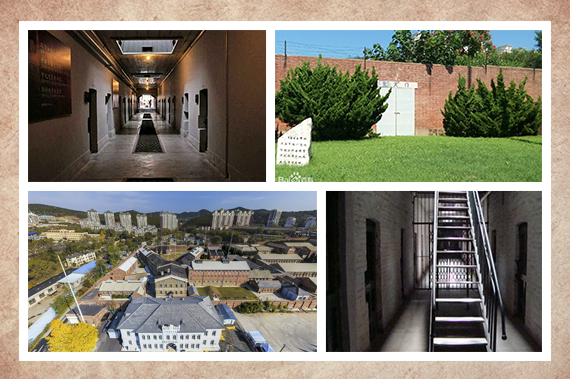
Dalian Lvshun Jianyu Jiuzhi.
-
Dalian Friendship Park Hotel: This well-rated hotel offers modern amenities and is located approximately 3 kilometers from the prison site. It’s a solid choice for travelers seeking comfort and convenience, with easy access to major attractions.
-
Dalian Jiu Qian Blue Coast Inn (大连久棲蓝岸民宿): For a more intimate experience, consider this charming guesthouse that boasts stunning sea views and a cozy atmosphere. It’s about 4 kilometers from the prison and provides a unique local experience.
-
Grand Mercure Dalian: Situated a bit further away but well worth it, this upscale option provides luxurious accommodations, a restaurant, and excellent service, catering to travelers looking for a refined stay.
-
Dalian Shizhu Hotel: Located around 1.5 kilometers from the prison, this hotel offers comfortable rooms at reasonable rates, making it a good choice for budget-conscious travelers.
While visiting the Dalian Lvshun Jianyu Jiuzhi, these dining and accommodation options will not only enhance your travel experience but also provide a taste of the local culture and hospitality. Enjoy your journey through history and flavor!
Frequently Asked Questions
-
What is the historical significance of the Dalian Lvshun Jianyu Jiuzhi?
The Dalian Lvshun Jianyu Jiuzhi, also known as the Russo-Japanese Prison, is a historical site that served as a prison during the Japanese and Russian occupations of Dalian. It housed and tortured many Chinese patriots and international anti-war activists. The site now serves as a museum, highlighting the atrocities of imperialism and the importance of remembering this dark chapter in history. -
Where is the Dalian Lvshun Jianyu Jiuzhi located?
The museum is located at No. 139 Xiangyang Street, Lvshunkou District, Dalian, Liaoning Province, China. -
What are the opening hours for visiting the museum?
The museum is open from Tuesday to Sunday, 8:00 AM to 5:00 PM. It is closed on Mondays. -
Is there an admission fee to visit the Dalian Lvshun Jianyu Jiuzhi?
Yes, there is an admission fee, but prices may vary. It is advisable to check the official website or local tourist information for the most current ticket prices. -
What can I expect to see during my visit?
Visitors can explore the preserved prison facilities, including cells, torture chambers, and exhibitions that showcase artifacts from the period, such as documents, weapons, and personal belongings of prisoners. The museum also provides insights into the historical events surrounding the Russo-Japanese War and the impact of imperialism in the region. -
Are guided tours available?
Yes, guided tours are often available, providing detailed explanations and historical context about the exhibits and overall significance of the site. It is recommended to inquire about guided tour options upon arrival. -
Is the museum suitable for children?
While the museum can be educational, parents should be aware that some exhibits may depict graphic content related to the harsh realities of imprisonment and torture. Parental discretion is advised. -
How can I get to the Dalian Lvshun Jianyu Jiuzhi?
The museum is accessible by public transportation, taxis, or private vehicles. If you are traveling from central Dalian, consider using local buses or ride-hailing apps for convenience.
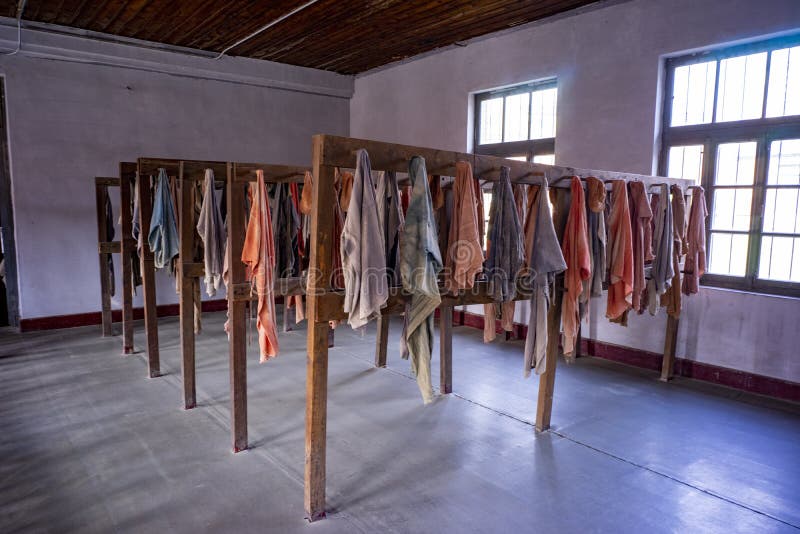
Dalian Lvshun Jianyu Jiuzhi.
Final Thoughts on Your Trip
Visiting the Dalian Lvshun Jianyu Jiuzhi is more than just a journey into the past; it is an opportunity to engage with a pivotal chapter of history that resonates with themes of resilience, sacrifice, and national pride. This former prison, which stands as a stark reminder of the struggles faced during the Japanese and Russian occupations, serves as an essential educational site, particularly for younger generations.
As you walk through its solemn corridors, you can almost hear the whispers of those who endured unimaginable hardships. The exhibits, featuring nearly 2,000 artifacts that depict the harsh realities of imprisonment and wartime atrocities, invite reflection on the importance of historical awareness and patriotism. The site not only preserves the memories of the past but also inspires a commitment to learning from history to shape a better future.
Whether you are a history buff, a student of culture, or simply looking to understand the complexities of this region, the Lvshun Prison Museum offers a profound and thought-provoking experience. It stands as a testament to human endurance and the relentless pursuit of justice, making it a must-visit destination for anyone traveling through Dalian. Embrace the stories it tells, and let them ignite a sense of purpose and responsibility as you explore this remarkable site.
